Use of older batteries in new Model 3s was first observed on Twitter, where user William Hummel shared images of a disclaimer on Tesla's website that notes up to 12 percent reduced range stemming from the cars' use of batteries built as far back as 2017. These screen captures were not of Tesla's online configurator as Hummel's use of "new car" might lead one to believe, but from Tesla's inventory page, where "new" Model 3s are indeed listed for sale with the range disclaimer shown, along with a partial explanation accessed via the "Learn More" button.
"This vehicle was built with a battery pack manufactured as early as 2017," reads the popup. "While this pack was brand new when the vehicle was built, the cells have reduced capacity due to their age and you can expect up to 12% reduction in range from current production specifications."
What makes a demo car isn't formally defined by Tesla, though calling a Tesla showroom and speaking to a salesperson confirmed these are often retired test drive vehicles, and are sold as-is, possible cosmetic defects and all. Various sources online such as Tesla forums also indicate they may also be ex-engineering testbeds, or declined customer cars.
Not all ex-testers in Tesla's new inventory have range disclaimers, though evidencing some inconsistency in how old-spec batteries are installed, which the Tesla salesperson we spoke to couldn't explain—though they could confirmed these old batteries are usually installed at the factory, and that Tesla considers them to be "new." As for why old batteries end up in some Teslas, but not others, they might only be installed in cars destined for demo duty, while those without range disclaimers could be customer cars that weren't delivered for one reason or another.
Why exactly old batteries are ending up in late model Teslas, unfortunately, remains unclear. Tesla could be putting new-old parts stock to use, as Jalopnik speculates, or it could be refurbishing its demo cars, though that seems like something Tesla might disclose. In either case, Tesla dissolved its U.S. public relations department long ago, so the best explanation available short of tweeting at Musk himself is the incomplete one we already got from a salesperson. And Tesla's secretiveness isn't going unnoticed, even by its own dedicated customers.
"I think the idea of Tesla putting 'new' old batteries into brand new vehicles is appalling," commented Tesla customer William Hummel, who has a car on order. "If you bought any other product (car, iPhone, whatever) with a lithium-ion battery that was years old (and thus, already chemically degrading) wouldn't you be mad? You're getting less than what you paid for and what was promised on the sticker. At minimum, Tesla should discount these vehicles below MSRP. Selling them for full retail is insulting."
What is certain is that if you're looking at a Tesla, be extremely careful how you spend your money. These discounted "new" EVs aren't the deals they may outwardly appear to be; not with their reduced range, sometimes blemished bodies, and overpriced driving assist software that can't tell the moon from a traffic light. And that goes without mentioning what may lurk where owners are never meant to look.
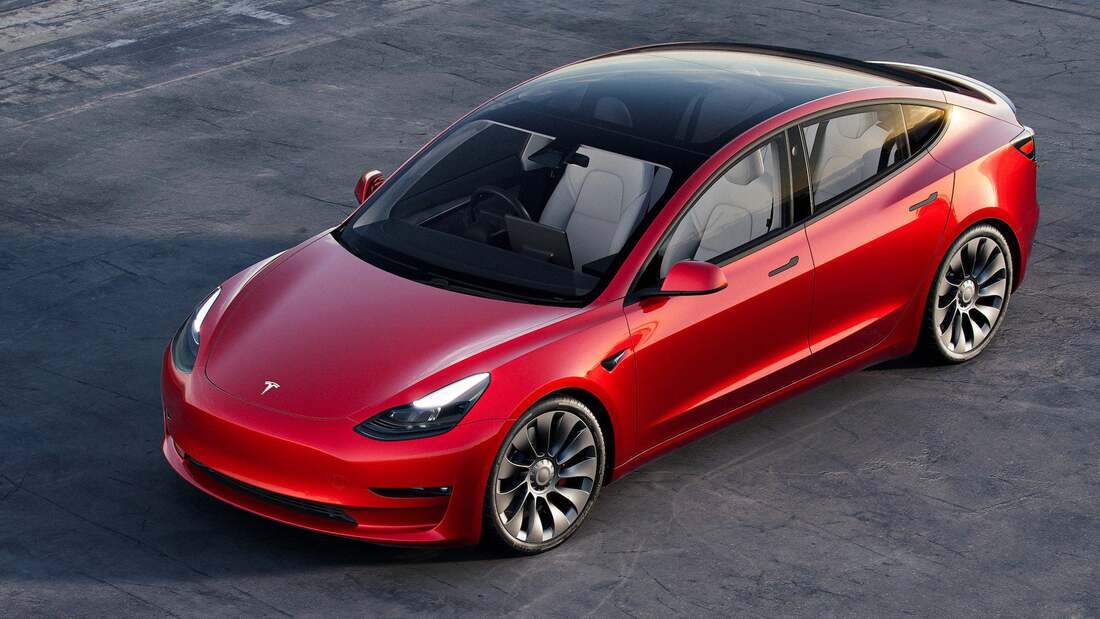
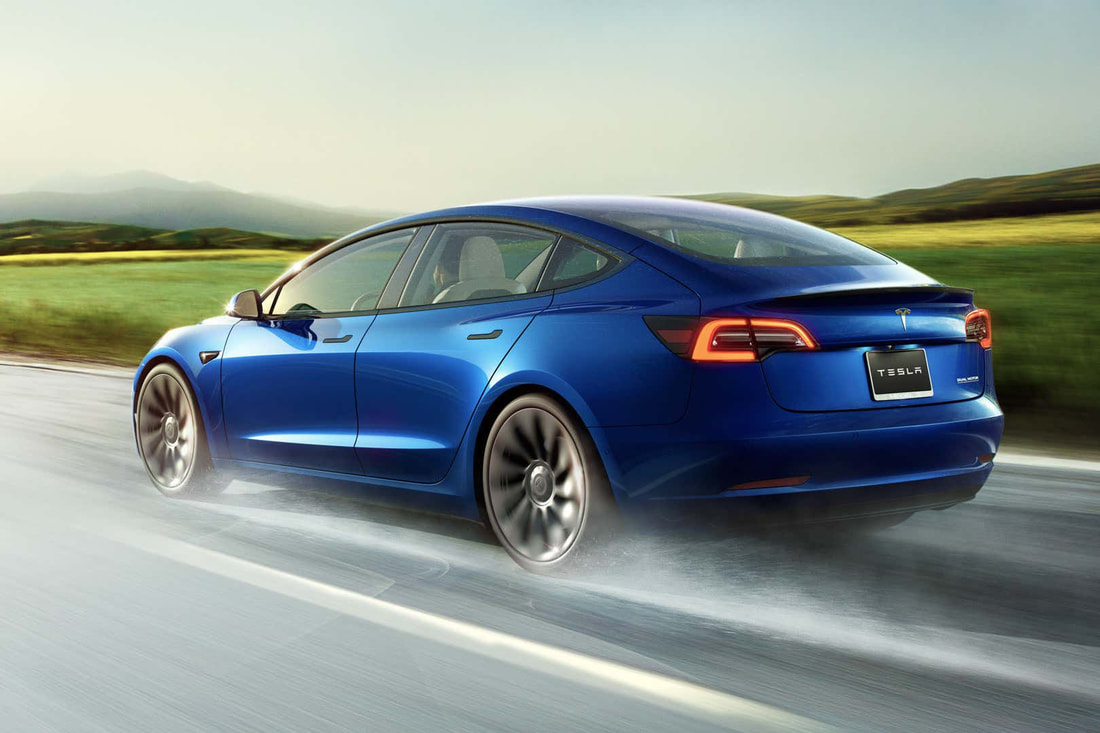


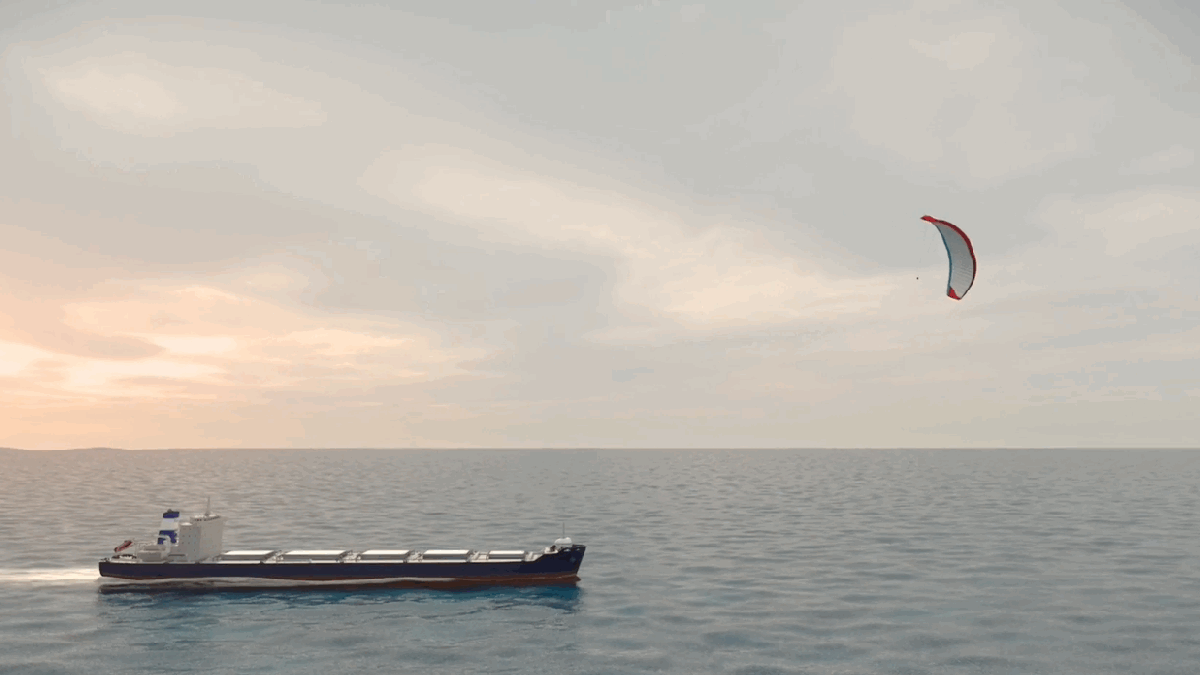
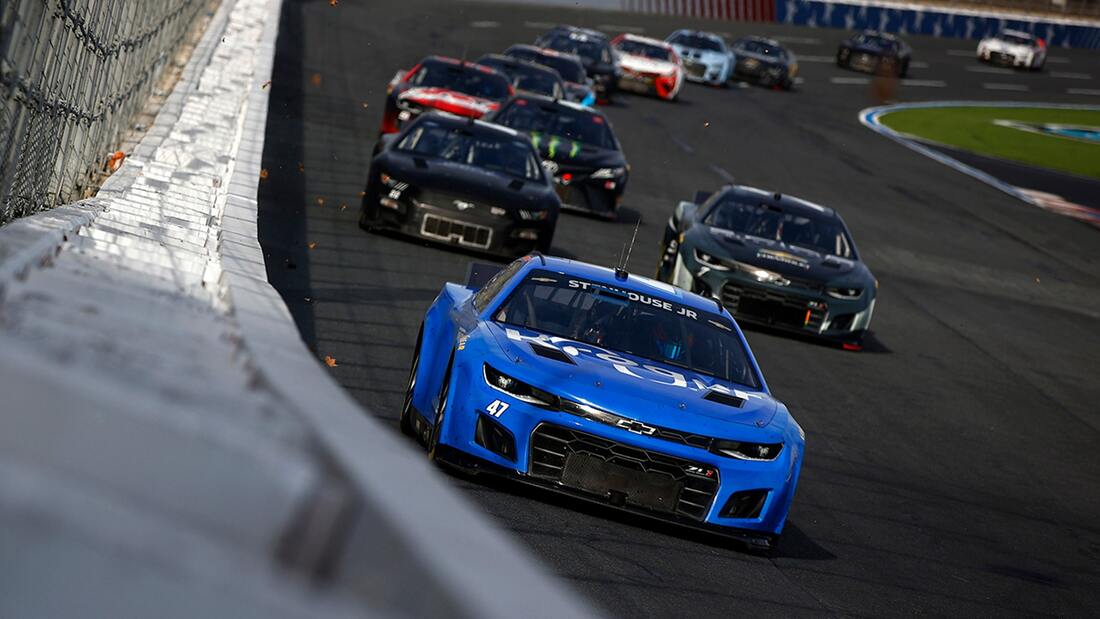
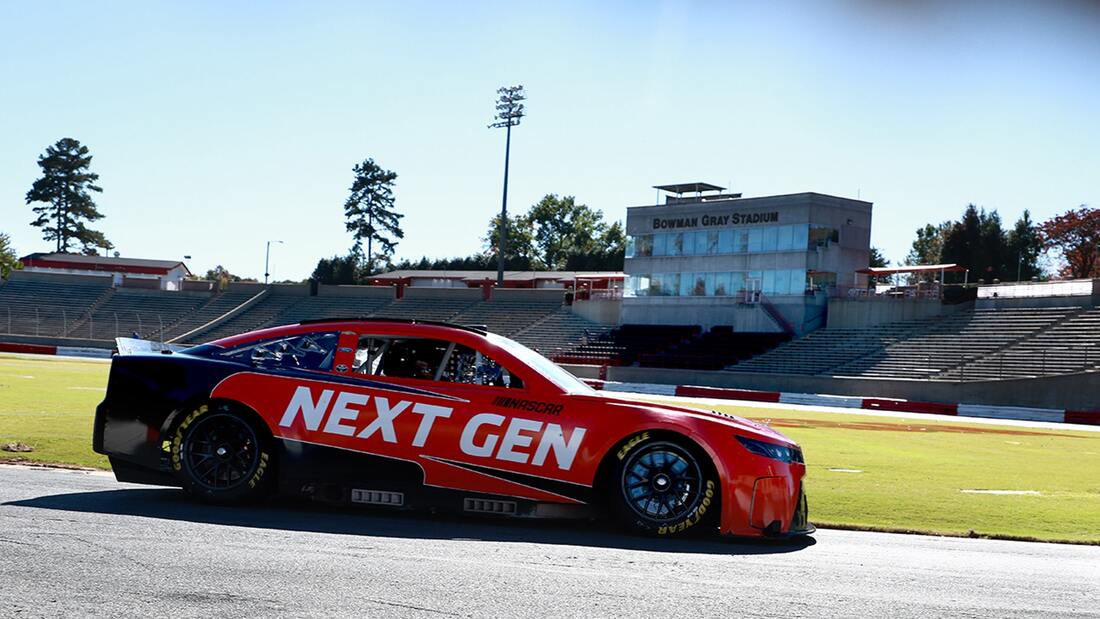
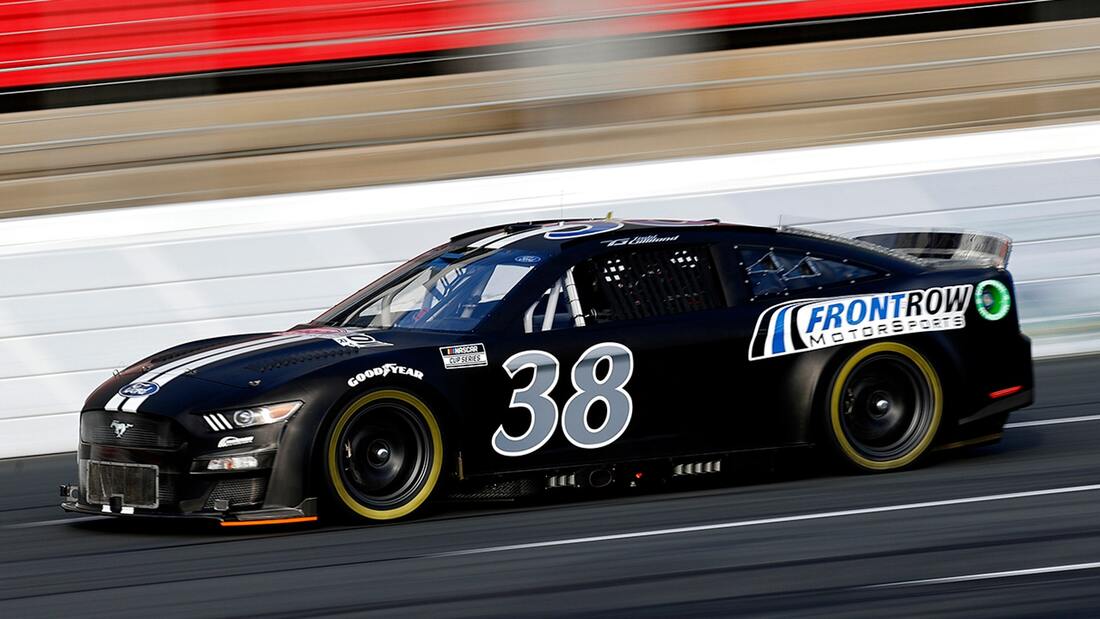
 RSS Feed
RSS Feed